The don’t-miss Swiss art museums for your next cultural flit
Map these 11 Swiss art museums, worthy pitstops for the culturally curious, from Basel to Zürich and beyond
Timothy Lees - Film
In partnership with Switzerland Tourism
For the culturally curious traveller, here’s a tour of Switzerland, one art museum at a time. Photography fans, art lovers and graphics aficionados alike will find inspiration in cities across the country – as did Wallpaper*, who travelled to Switzerland earlier in 2024 to explore and document the locations featured here. Watch our short film, above, to inspire your next culture fix, and read on for an 11-stop guide.
Basel
Fondation Beyeler
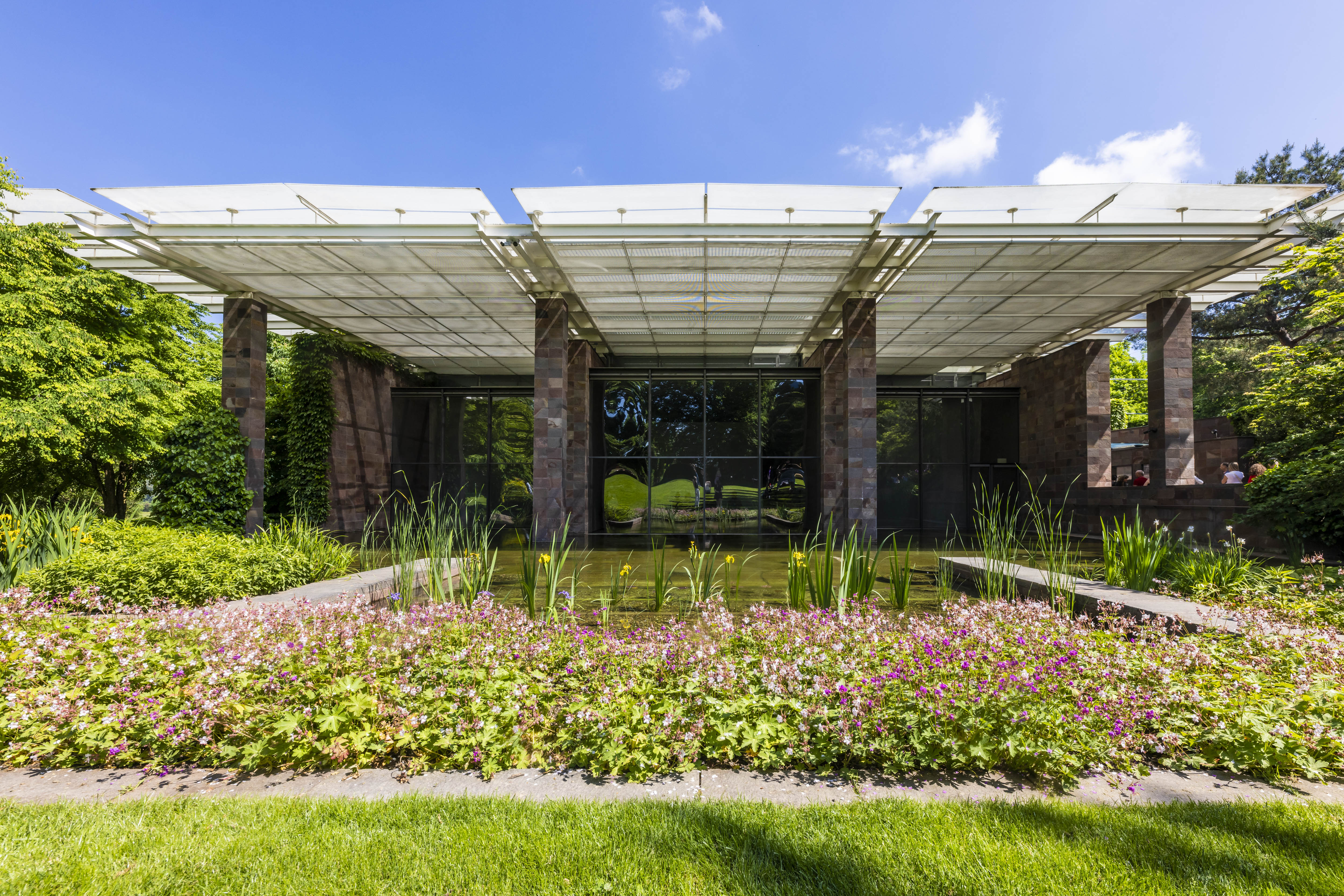
Architect Renzo Piano designed this space in Riehen, near Basel, to the founders’ strict curatorial parameters – it’s a museum illuminated entirely by natural light and surrounded by greenery, with a succession of exhibition spaces that originate from the central atrium. Set within a park, with sculptures installed on a carpet of grass, the Fondation Beyeler campus exudes a peaceful mood. Inside, a rotating selection of around 250 modern and contemporary masterpieces from the 400-strong Hildy and Ernst Beyeler collection enjoy the open spaces of Piano’s big and bright rooms at any one time, while space is also set aside for temporary exhibitions.
Visit for: The Fondation Beyeler’s permanent collection, including works by Claude Monet, Paul Cezanne, Vincent van Gogh, Pablo Picasso, Andy Warhol, Roy Lichtenstein, Francis Bacon and Jackson Pollack.
More on Fondation Beyeler
Kunstmuseum Basel
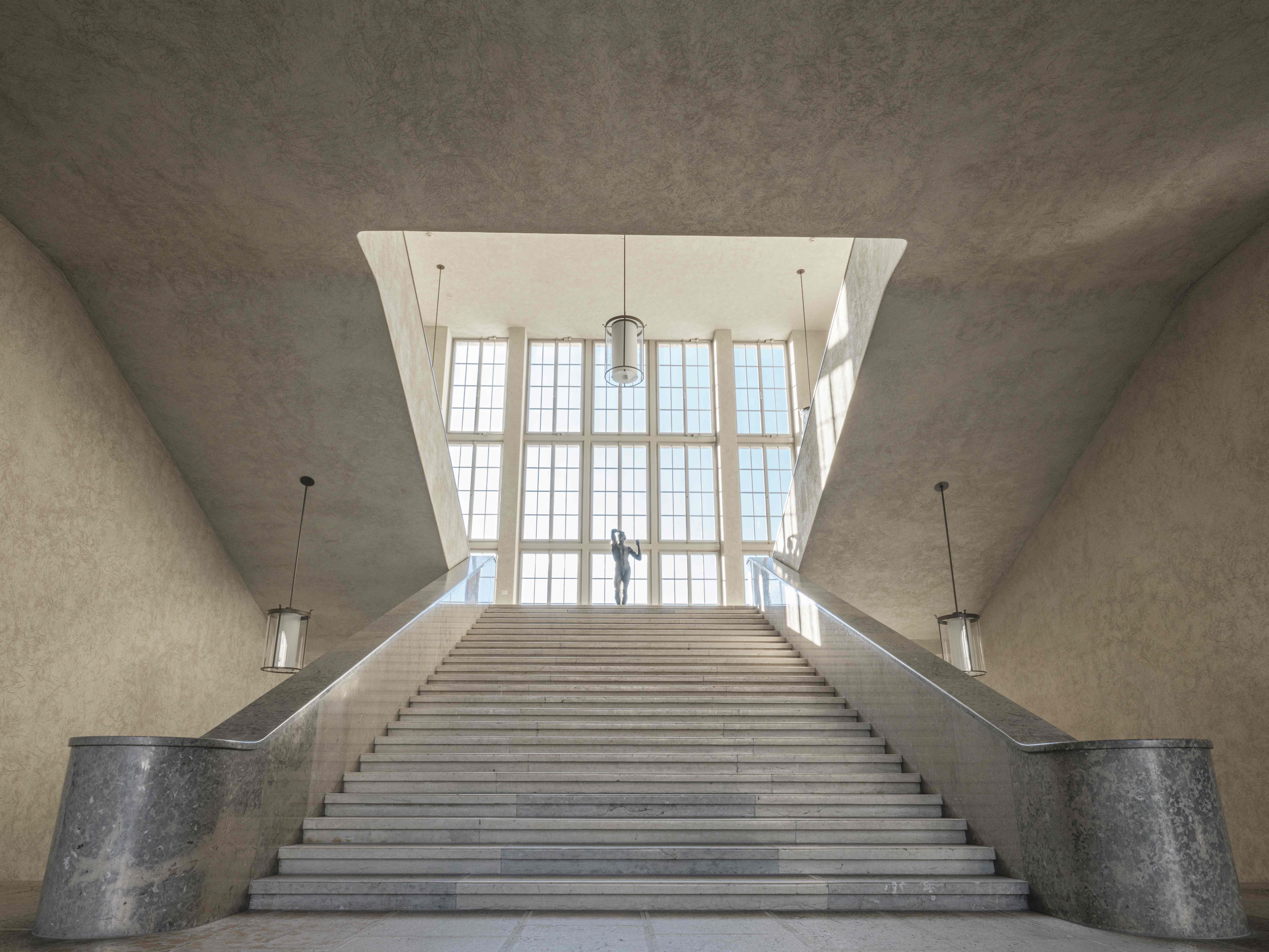
Pass through the grey-brick façade of Christ & Gantenbein’s silverly-stark Kunstmuseum Basel extension – the 2016 Neubau on St Alban-Graben – and you embark on a fascinating journey through art history, from the 13th century to the present day. Some 1,000-plus works are on display across three locations – the Neubau; the Hauptbau, completed in 1936 and located across the street; and the Gegenwart, a 1980 addition on St. Alban-Rheinweg – representing only a fraction of the museum’s extensive collection of approximately 300,000 works.
Featuring significant and breathtaking work by Hans Holbein, Rembrandt, Paul Cézanne, Claude Monet, Vincent Van Gogh, Pablo Picasso, Sophie Taeuber-Arp and Andy Warhol, the Kunstmuseum’s ever-changing exhibitions and its wide range of programmes offer a multi-layered approach to art like no other.
Visit for: Kunstmuseum Basel’s collection of masterpieces: Edgar Degas, Paul Gauguin, Paul Klee, Henri Rousseau, Piet Mondrian, Vincent Van Gogh, Louise Bourgeois and Alexander Calder.
More on Kunstmuseum Basel
Museum Tinguely
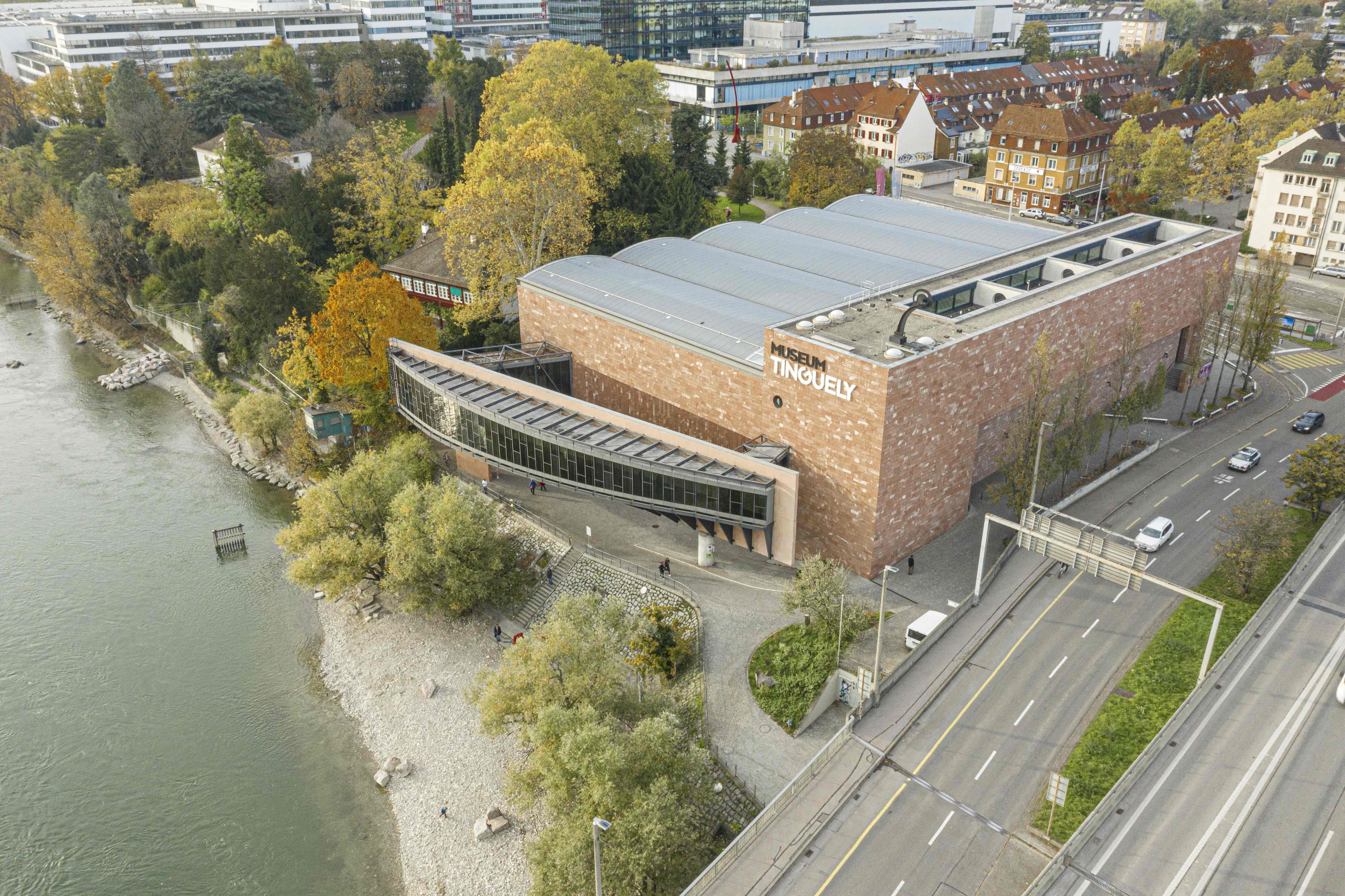
One of the most innovative and important Swiss artists of the 20th century, Jean Tinguely (1925-1991) has a Basel museum dedicated to his work. A permanent exhibition of Tinguely’s work presents a cross-section of his extraordinary and wonderful, madcap and kinetic portfolio across four decades. Temporary exhibitions throw light on the broad spectrum of 20th and 21st century artists that influenced him, from Marcel Duchamp and Kurt Schwitters to contemporaries such as Arman, Niki de Saint Phalle and Yves Klein. Designed by architect Mario Botta, the museum building is a work of art in itself.
Visit for: ‘La roue = c'est tout’, Tinguely’s exploration and deconstruction of ‘wheeled civilisation’ and the relationship between man and machine, runs until 2026.
More on Museum Tinguely
Bern
Zentrum Paul Klee
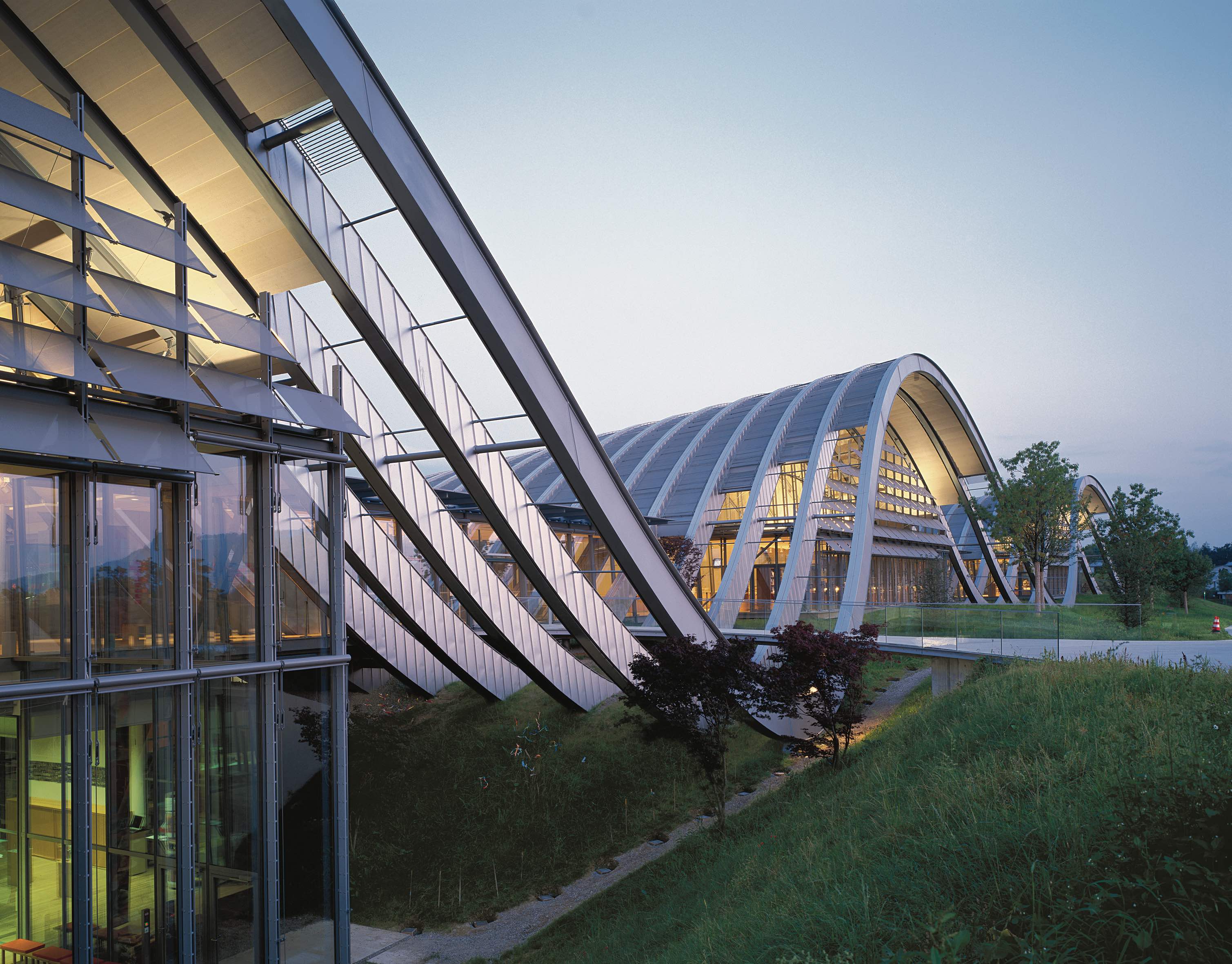
The Zentrum Paul Klee is the world’s most important centre for research into Paul Klee’s life and work, and has one of the most significant collections of the artist’s drawings, watercolours and paintings. Klee was primarily a draughtsman, which is why 80 per cent of the collection of the museum consists of works on paper, matching the collected works. Visitors can immerse themselves in the life and work of the artist in the permanent exhibition ‘Kosmos Klee: The Collection’. Some 80 rotating and chronologically organised works, biographical photos and films, as well as archive material, provide an overview of Klee's artistic development and his personal surroundings.
The venue – an impressive light-flooded glass and steel building by Renzo Piano in the east of Bern, near Klee's grave at Schosshalden cemetery – is also a platform for music, dance and literature events, while at its Kindermuseum Creaviva, the techniques and themes of the great art masters emerge in a ‘learning by doing and experiencing’ process.
Visit for: From 8 February to 22 June 2025, Zentrum Paul Klee is showing a major exhibition dedicated to Le Corbusier.
More on Zentrum Paul Klee
Geneva
MAMCO
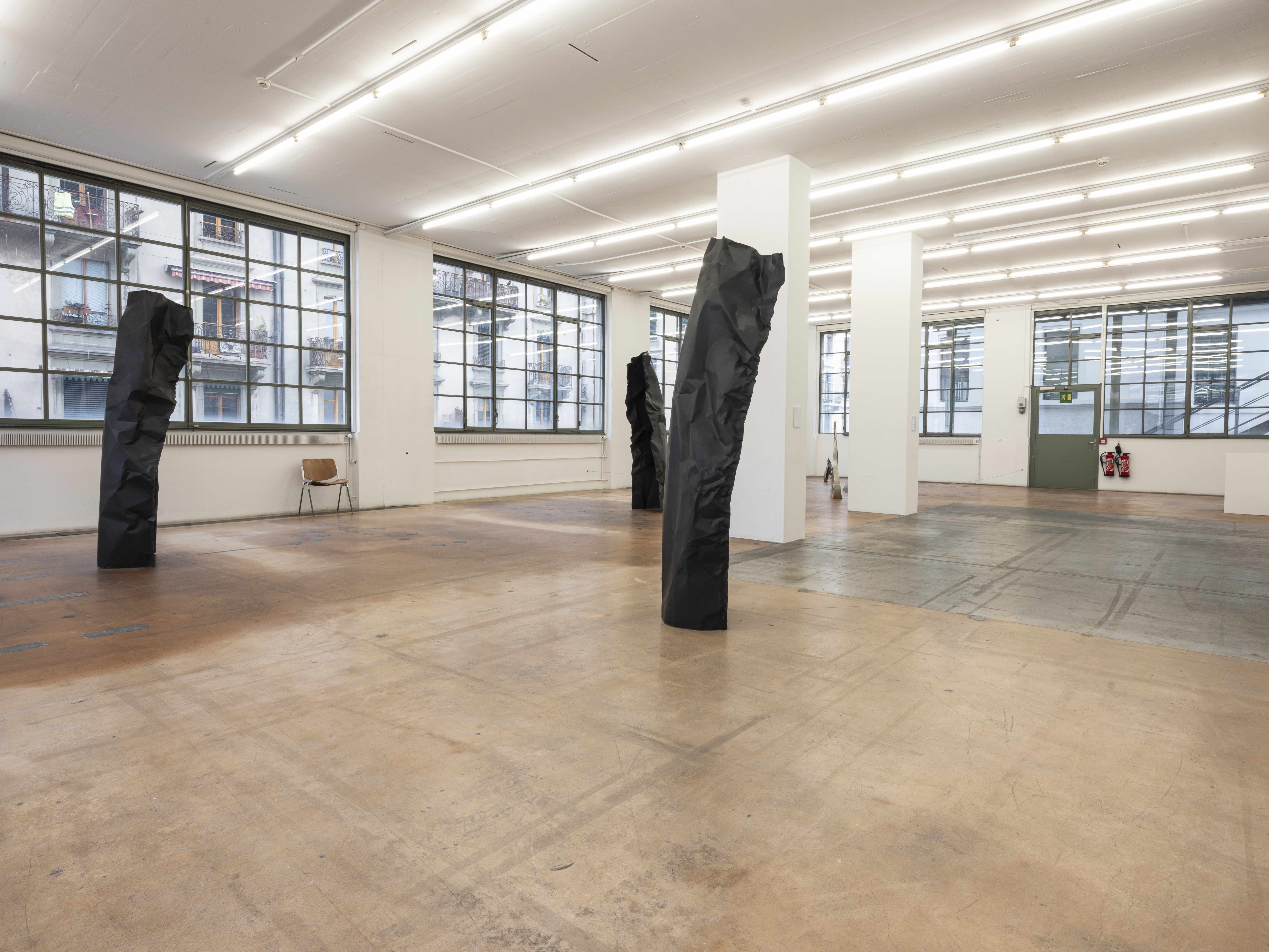
With its large windows, vast rooms and expansive floors bearing the traces of long-gone machinery, the former factory and public baths building offers a spacious home for the works of art created for it. Each corner of MAMCO’s display floor is completely redesigned three times a year, blurring the lines between permanent and temporary exhibitions. Since the contemporary and modern museum opened in 1994, it has staged more than 450 exhibitions, with works dating from the 1960s to the present day. Its permanent collection includes works by Christo, Martin Kippenberger, Jenny Holzer, Dan Flavin, Sarkis, Franz Erhard Walther and Sylvie Fleury.
Visit for: ‘Nuit des Bains’ events, held three times a year, when MAMCO and other arts venues in the so-called Quartier des Bains (Baths District) stay open late, attracting large numbers of art lovers and sightseers.
More on MAMCO
Lausanne
Plateforme 10
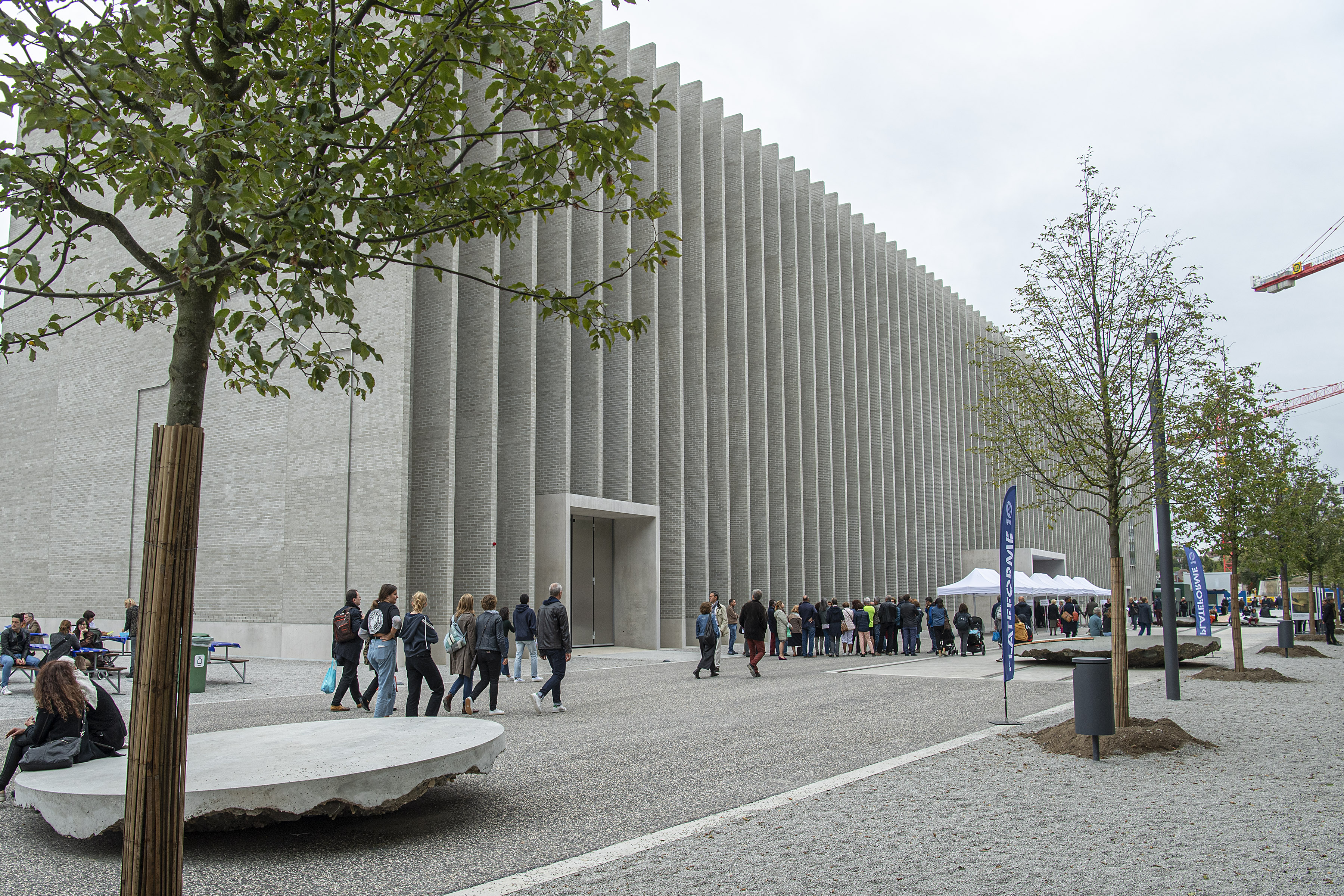
Just a few steps from Lausanne’s railway station, Plateforme 10 is a 25,000 sq m arts district that brings together the Musée Cantonal des Beaux-Arts (MCBA), Photo Elysée, and the Museum of Contemporary Design and Applied Arts (Mudac). The MCBA building, designed by architects Barozzi Veiga, opened in October 2019, while Photo Elysée and Mudac, both designed by Aires Mateus, were inaugurated in June 2022. Just one ticket covers admission to all three venues, while the district also offers restaurants, cafés and arcades to explore.
Visit for: A major retrospective devoted to Daido Moriyama, one of Japan’s greatest photographers, currently at Photo Elysée until 22 February 2025.
More on Plateforme 10
Lugano
MASI Lugano
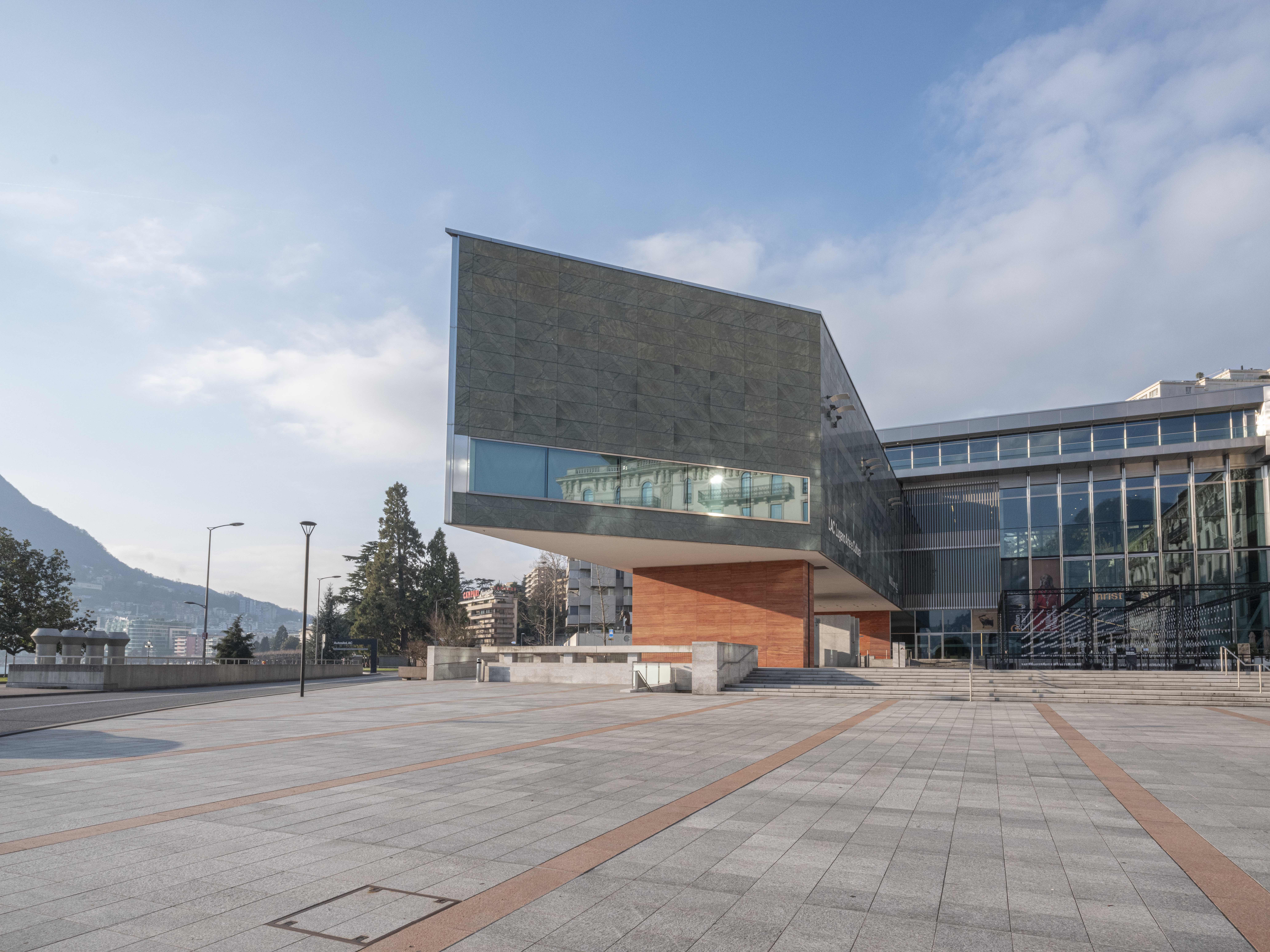
Founded in 2015 from the merger between the Museo Cantonale d'Arte and the Museo d'Arte di Lugano, the Museo d'Arte della Svizzera italiana (MASI) is the beating heart of the LAC cultural centre. MASI is positioned on the Swiss scene as an artistic crossroads between the north and south of the Alps.
Visit for: Local flavour; MASI boasts a permanent collection of some 14,000 artworks, spanning from the 15th century to the present day, and with a primary focus on local artists or those linked to the region.
More on MASI Lugano
Winterthur
Fotozentrum Winterthur
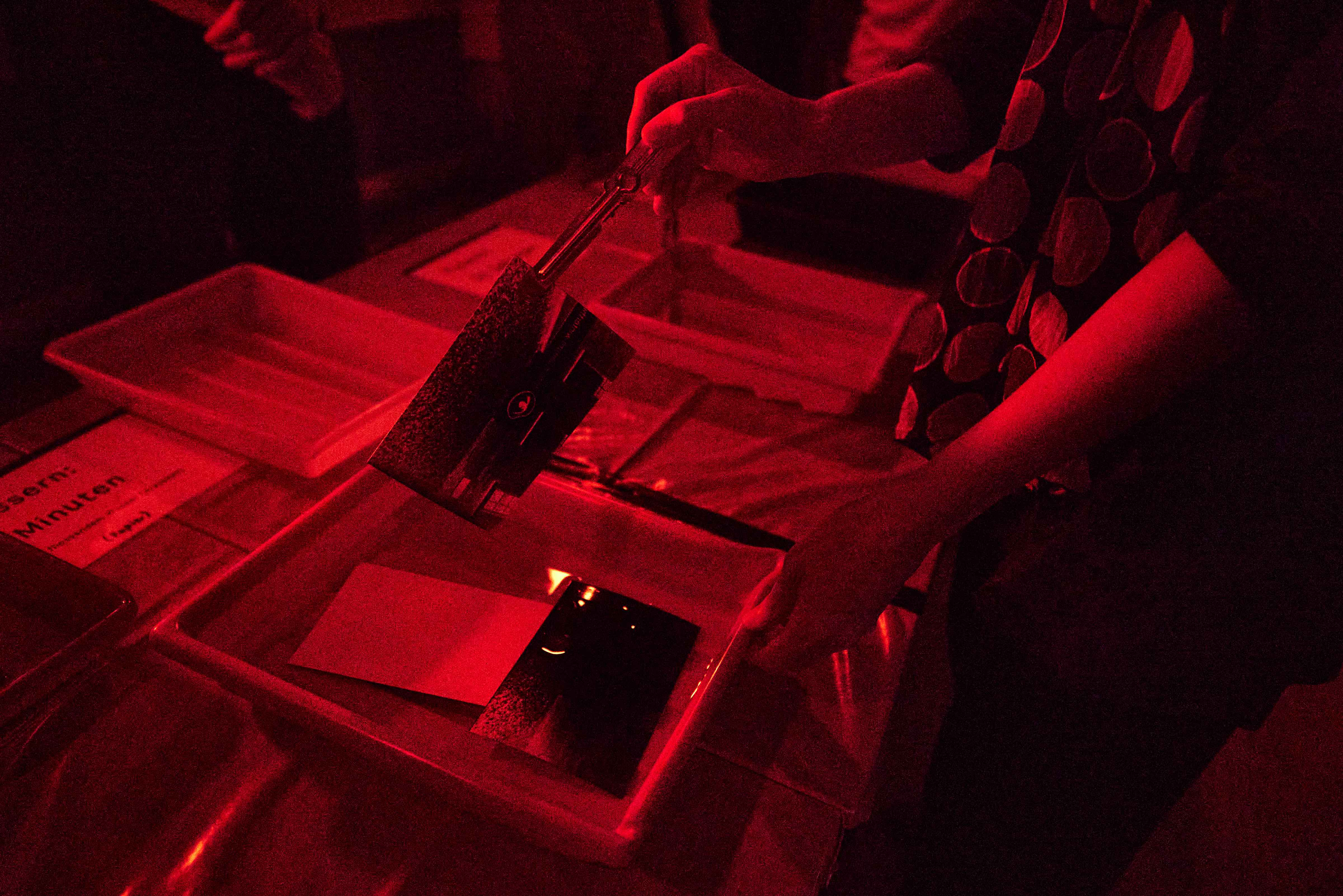
A pinhole camera workshop
The Fotozentrum Winterthur unites the two independent institutions Fotomuseum Winterthur and Fotostiftung Schweiz and is the leading competence centre for photography and photo-based art in Switzerland.
The Fotostiftung Schweiz has been preserving, researching and communicating photographic works for over 50 years. It looks after the most extensive and important collection of Swiss photography and shows outstanding works in their cultural-historical and aesthetic context.
The Fotomuseum Winterthur provides a fascinating setting for contemporary and classic photography. Whether fashion, architecture, industry, crafts, working life or leisure, the view through the lens leads to other worlds.
Visit for: As well as presenting exhibitions and publications spotlighting Swiss photography from both historical and current perspectives, the Fotostiftung Schweiz runs a public specialist library with more than 30,000 publications.
More on Fotozentrum Winterthur
Zürich
Museum für Gestaltung Zürich
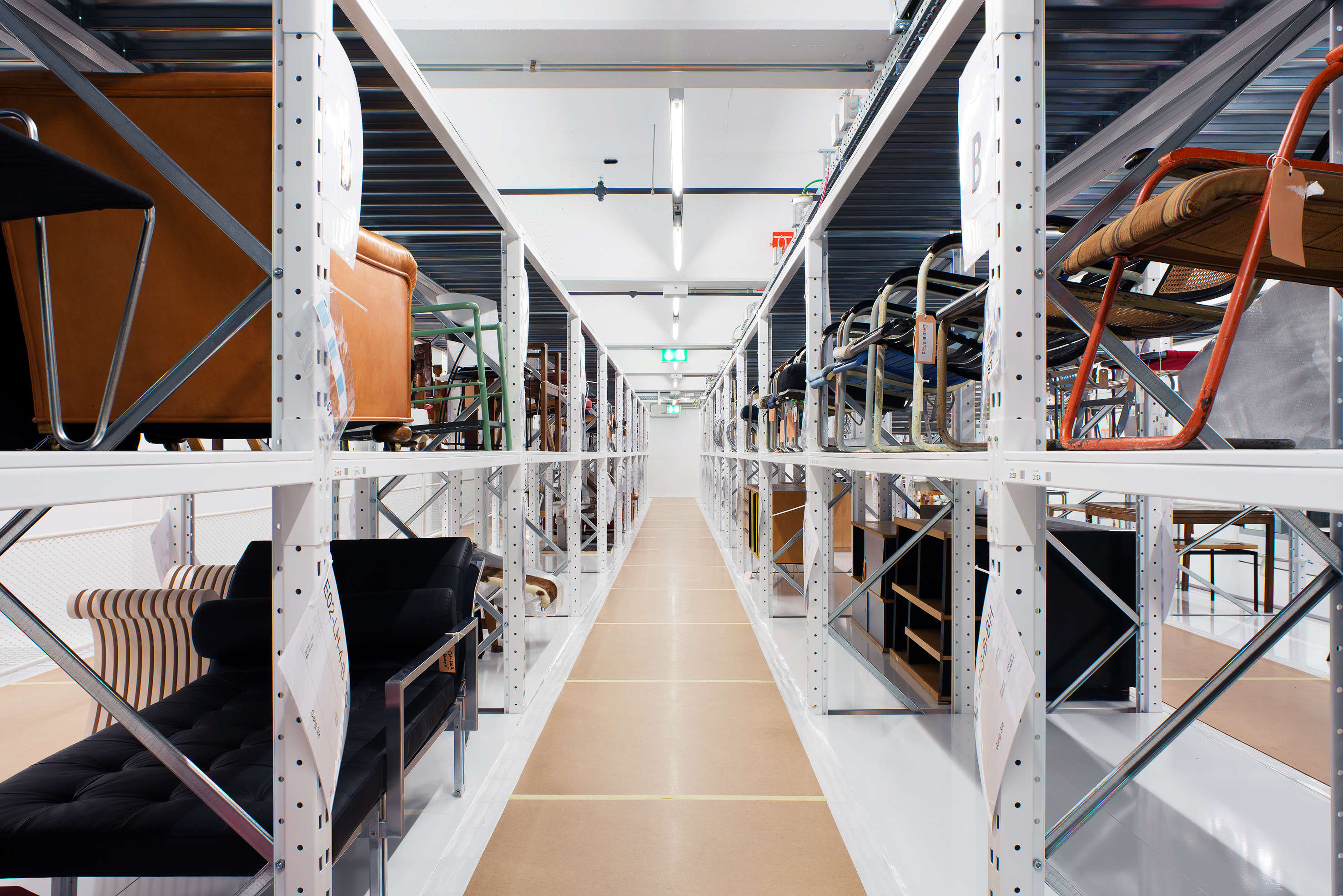
A display at the Toni-Areal site
Switzerland’s most prominent museum for design and visual communication includes two key Zürich locations – on Ausstellungsstrasse and in the Toni-Areal district – its exhibitions offering explorations of design genres that colour and influence our visual experience in everyday life. The landmarked, main building on Ausstellungsstrasse, designed by ‘Neues Bauen’ architects Steger and Egender in the 1930s and one of the best-preserved examples of Swiss modernism, displays the treasures of the museum’s collection as well as temporary exhibitions on diverse and visually formative topics. There is a range of workshops in the mediation studio, while the museum café and Swiss Design Lounge are linger-worthy also.
Also don’t miss a tour of the Pavillon Le Corbusier, located beside Lake Zürich and something of a pilgrimage for fans of the Swiss architect. Completed in 1967, it’s the last building he designed and his only glass and steel structure, now run by the Museum für Gestaltung and open to the public.
Visit for: The chance to pore over more than half a million objects from the history of graphics and design.
More on Museum für Gestaltung Zürich Toni Areal, Ausstellungsstrasse and Pavillon Le Corbusier
Kunsthaus Zürich

The Kunsthaus boasts Zürich’s largest collection of modern art and is renowned both for its permanent collection and its temporary exhibitions. The spectacular extension by David Chipperfield Architects makes the Kunsthaus Zürich the largest art museum in Switzerland, housing important works by Monet, Picasso, Chagall and Giacometti, as well as numerous contemporary Swiss artists including Kokoschka, Beckmann and Corinth.
The New York School – Pollock, Rothko and Newman – is also well represented, along with Pop Art from Europe and America, while the expressive innovation of the 1980s can be seen in the outstanding collection of works by Georg Baselitz. Other highlights of the museum include paintings and rare sculptures by Cy Twombly. Video installations and photographs by Fischli/Weiss, Pipilotti Rist and others continue the narrative into the 21st century.
Visit for: The largest collection of work by Edvard Munch outside Norway and the most comprehensive museum holdings of art by Switzerland’s Alberto Giacometti.
More on Kunstaus Zürich
Museum Rietberg
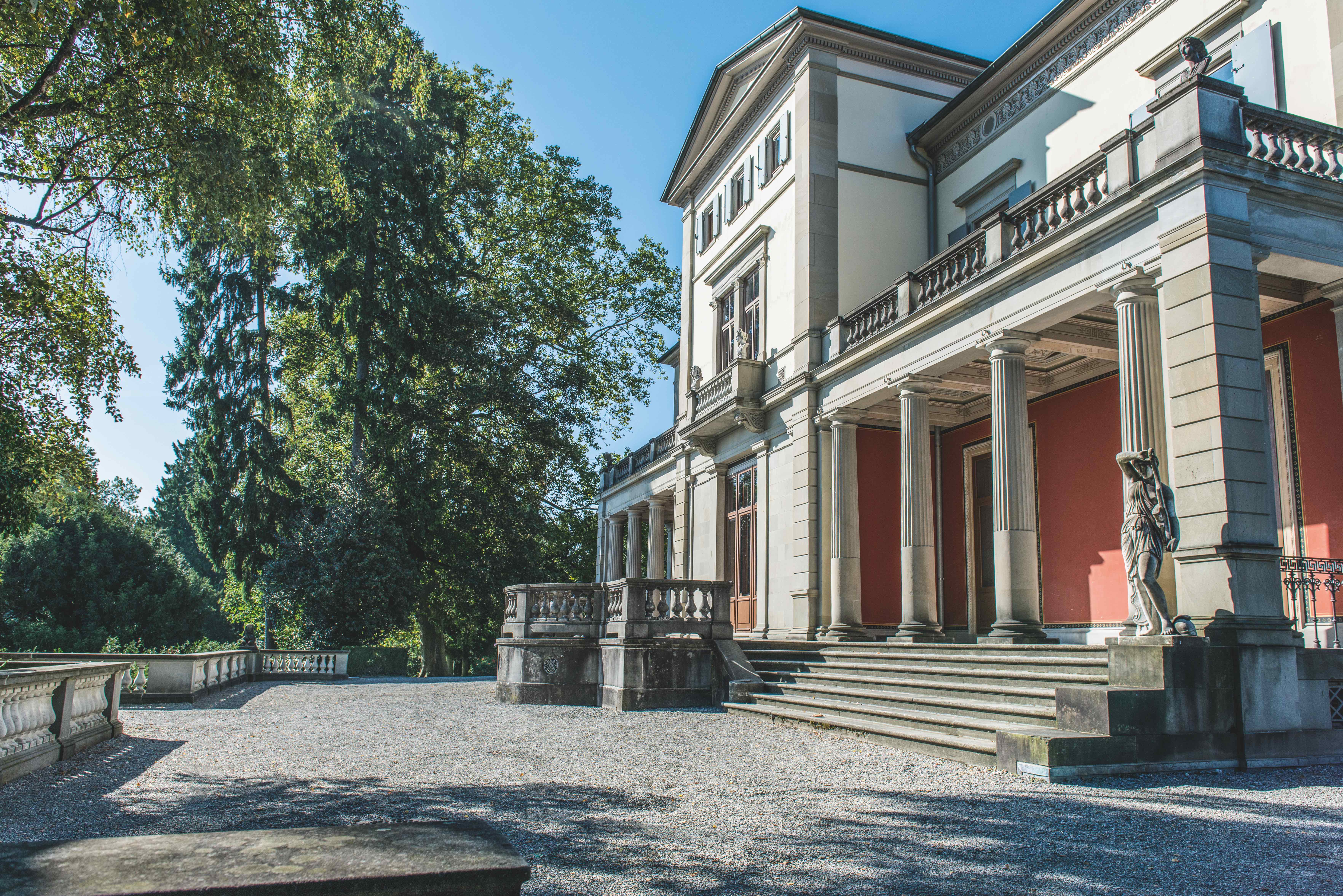
Switzerland’s only art museum for non-European cultures holds a collection of works from Asia, Africa, America and Oceania. The museum raises awareness of artistic forms of expression from all over the world, awakening understanding and interest in foreign cultures, world views and religions through specially staged exhibitions. Visitors can enjoy the museum’s unique interplay of old and new after a walk through the secluded Rieterpark, where it’s located, with a view of the city and the Alps.
Visit for: Chinese porcelain from the Meiyintang Collection, Indian miniature paintings from the Alice Boner Collection, and Himalayan Buddhist art from the Berti Aschmann collection.
There are 32,600 objects and 49,000 photographs in the Rietberg’s collections, either on public display in the museum’s galleries or in its open storeroom.
More on Museum Rietberg
Planning your trip? See our guide to Swiss hotels for design lovers
Wallpaper* Newsletter
Receive our daily digest of inspiration, escapism and design stories from around the world direct to your inbox.
-
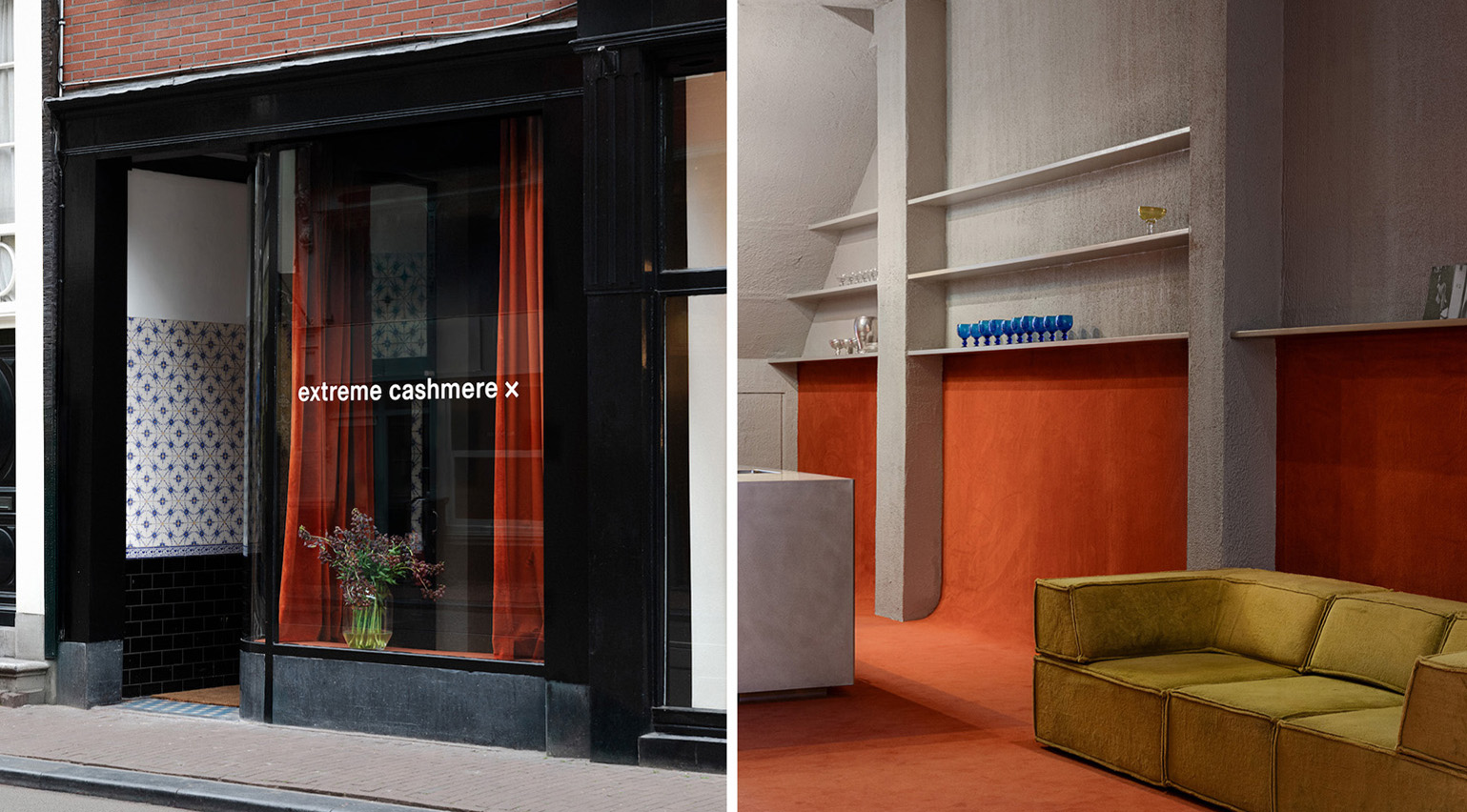 Extreme Cashmere reimagines retail with its new Amsterdam store: ‘You want to take your shoes off and stay’
Extreme Cashmere reimagines retail with its new Amsterdam store: ‘You want to take your shoes off and stay’Wallpaper* takes a tour of Extreme Cashmere’s new Amsterdam store, a space which reflects the label’s famed hospitality and unconventional approach to knitwear
By Jack Moss
-
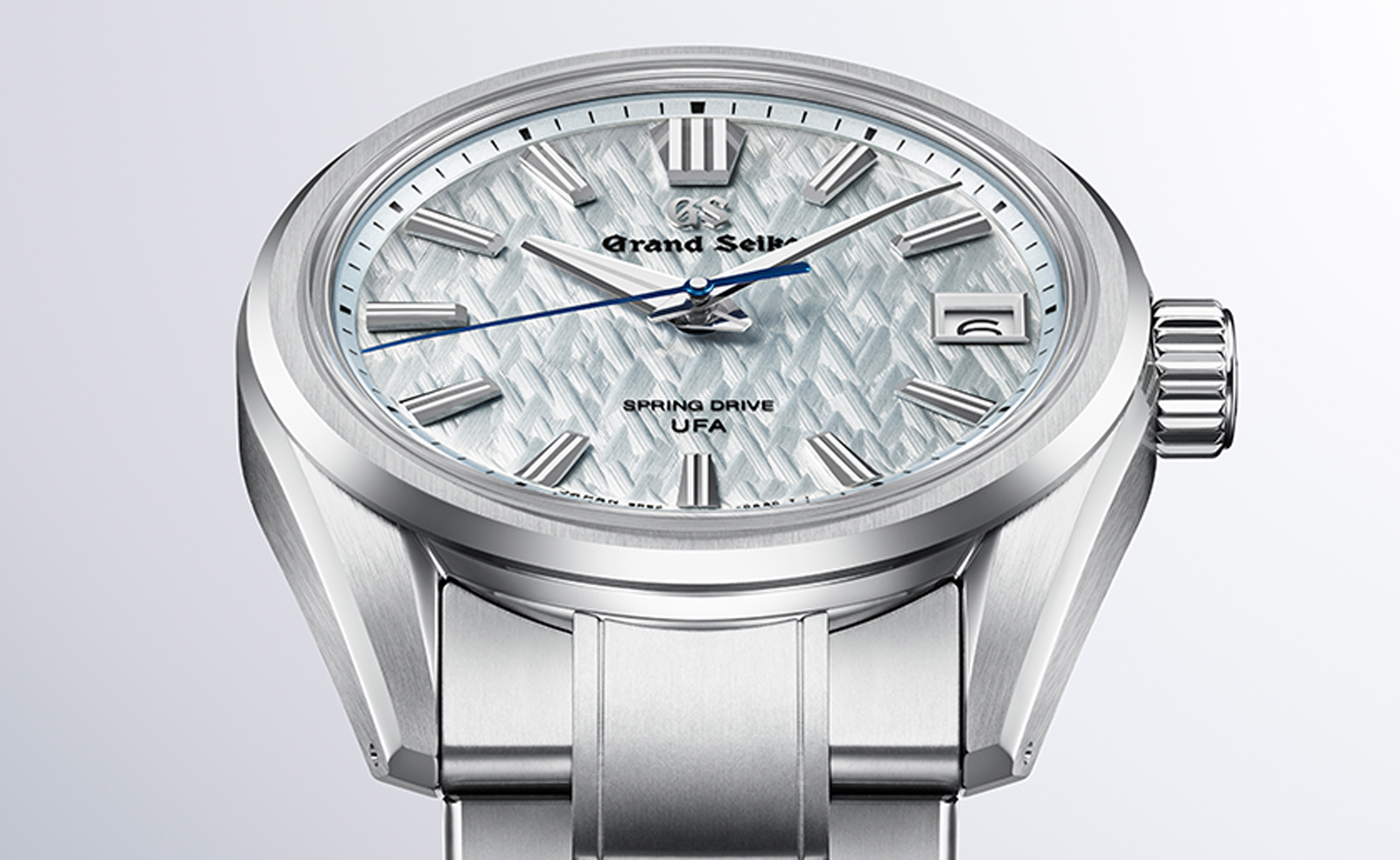 Titanium watches are strong, light and enduring: here are some of the best
Titanium watches are strong, light and enduring: here are some of the bestBrands including Bremont, Christopher Ward and Grand Seiko are exploring the possibilities of titanium watches
By Chris Hall
-
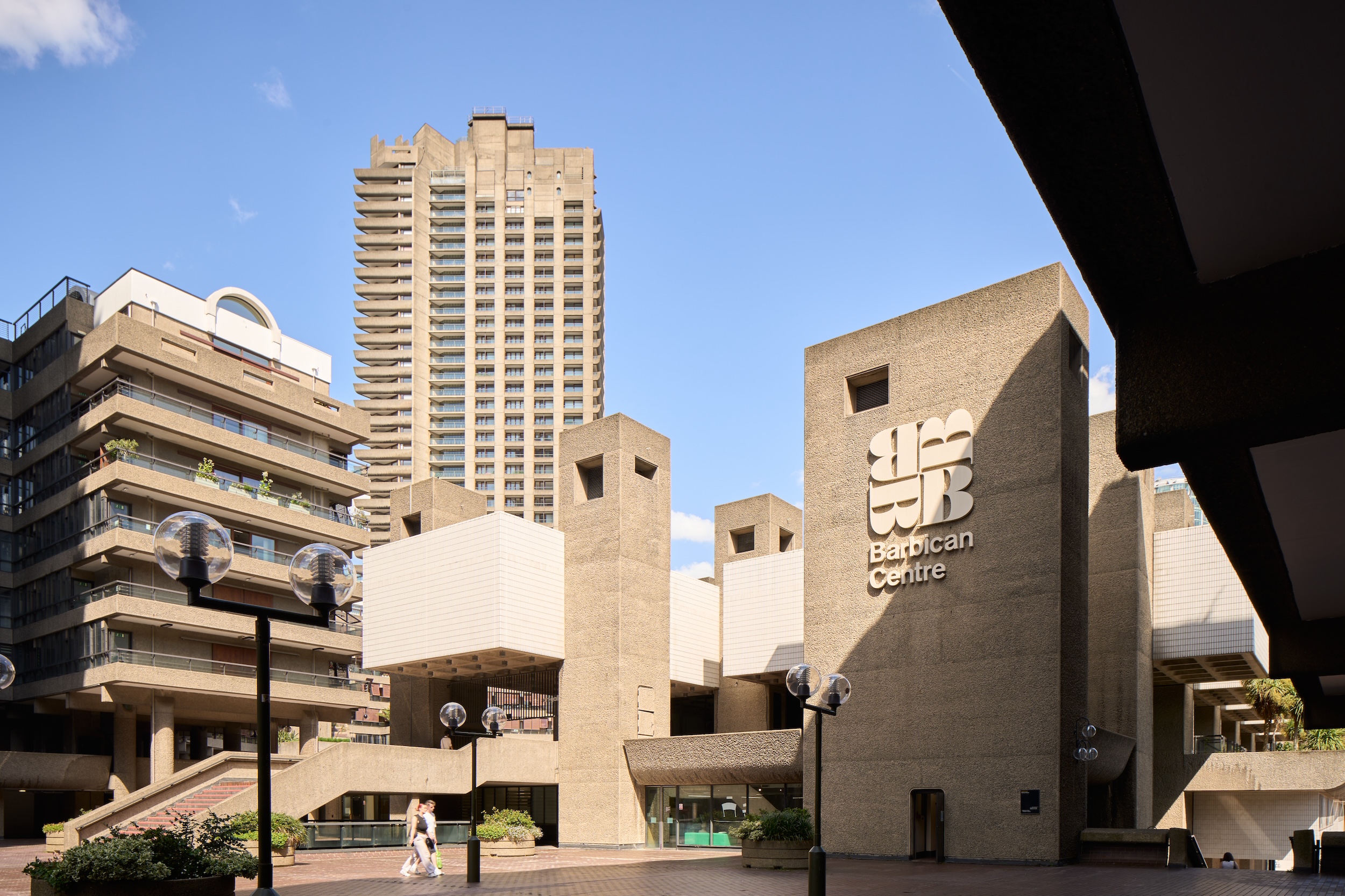 Warp Records announces its first event in over a decade at the Barbican
Warp Records announces its first event in over a decade at the Barbican‘A Warp Happening,' landing 14 June, is guaranteed to be an epic day out
By Tianna Williams
-
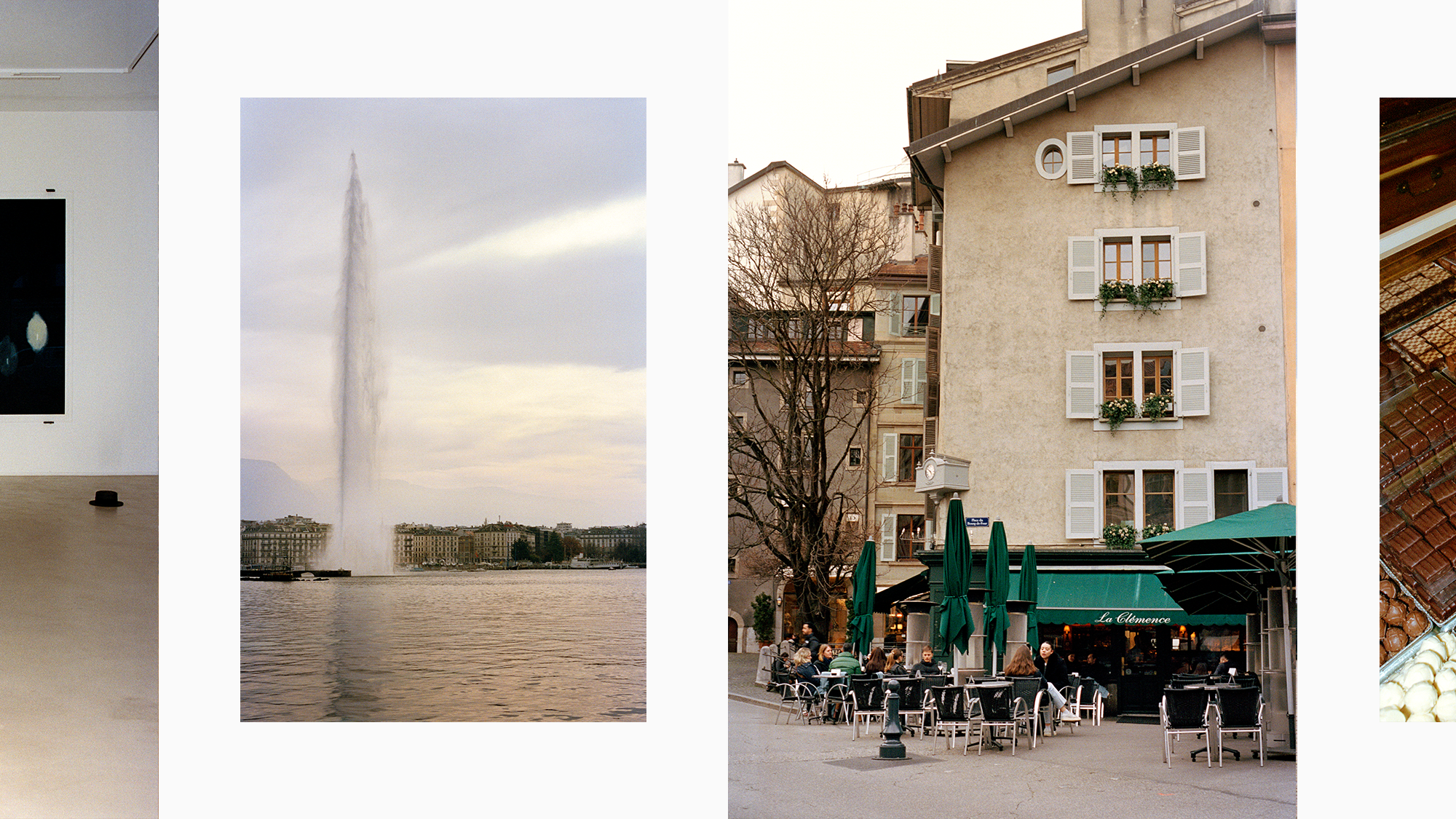 48 hours in Geneva: seek Le Corbusier, lakeside sauna, and Swiss chocs
48 hours in Geneva: seek Le Corbusier, lakeside sauna, and Swiss chocsWith Watches and Wonders 2025 in Geneva from 1-7 April, here are the city’s best downtime delights, from bars to bathing
By Simon Mills
-
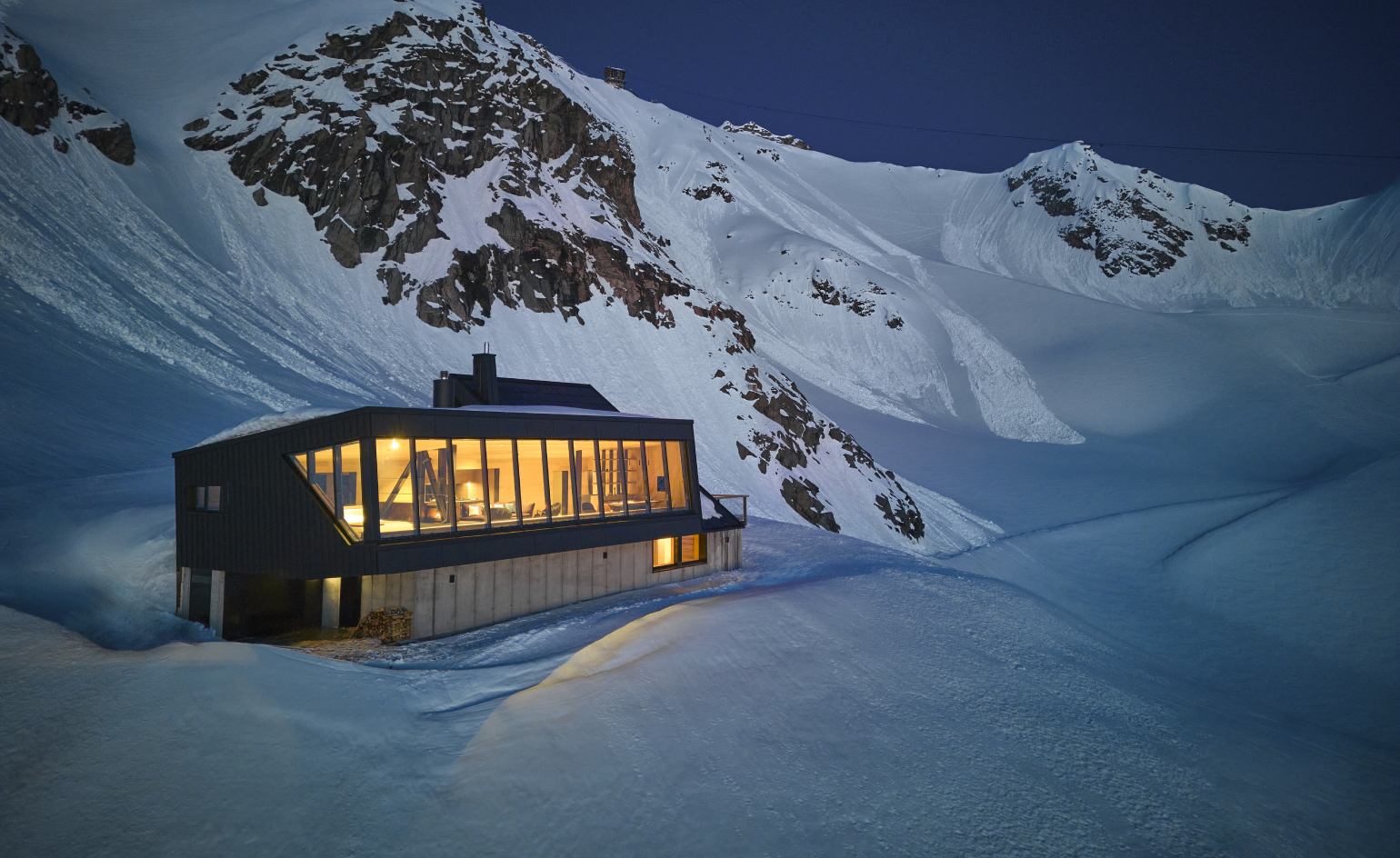 A minimalist, off-grid Swiss cabin redefines the ski-in, ski-out experience
A minimalist, off-grid Swiss cabin redefines the ski-in, ski-out experiencePerched above a millennia-old glacier, Cabane Tortin is a once-in-a-lifetime experience for athletic adventure-seekers – expect drama at 3,000m
By John Weich
-
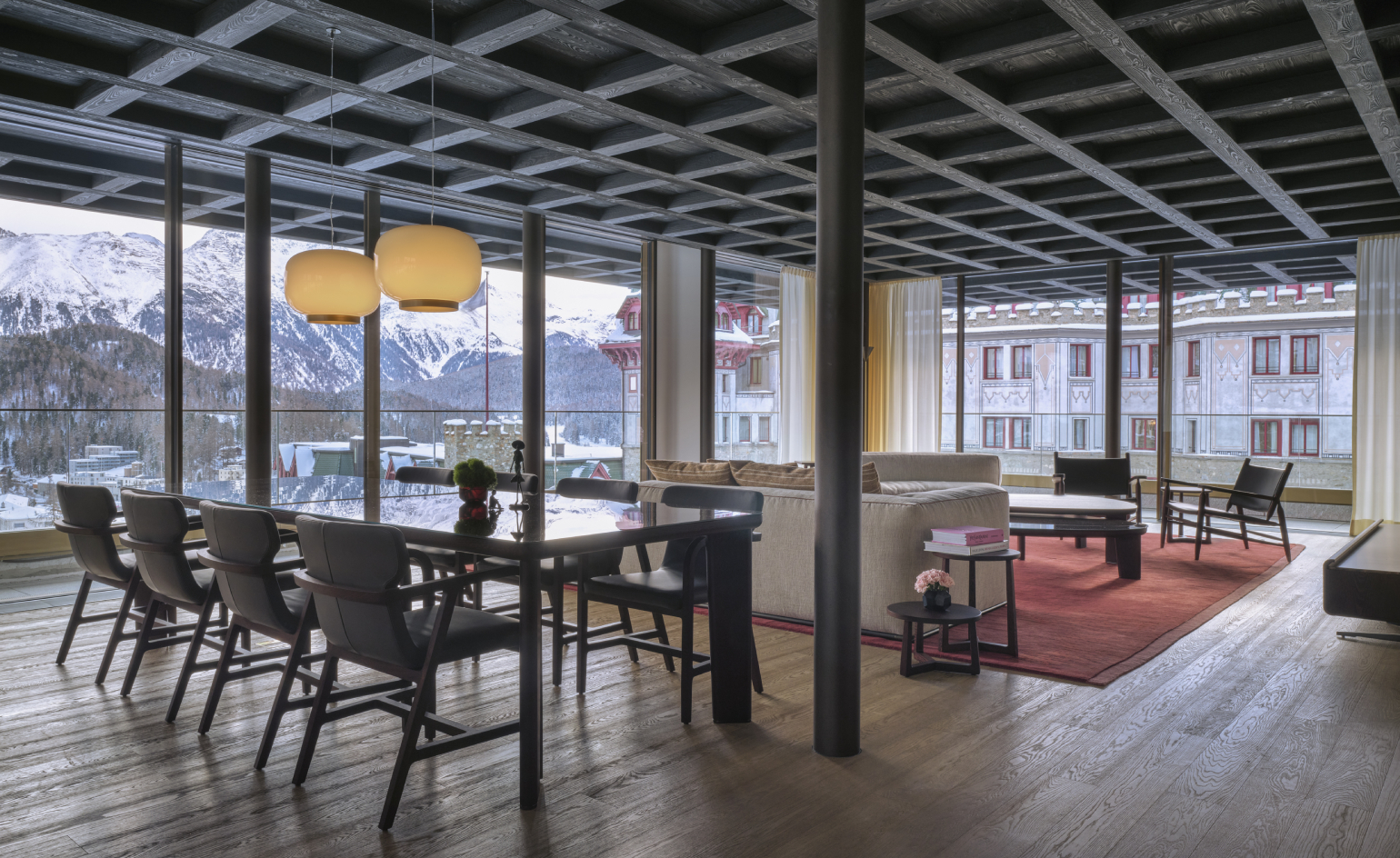 Tour St Moritz hotel Badrutt’s Palace’s plush new wing with architect Antonio Citterio
Tour St Moritz hotel Badrutt’s Palace’s plush new wing with architect Antonio Citterio‘You have to feel the mountains,’ says Antonio Citterio as he walks us through the new Serlas Wing, his contemporary take on Alpine vernacular at a hotel he knows well
By Kate Lough
-
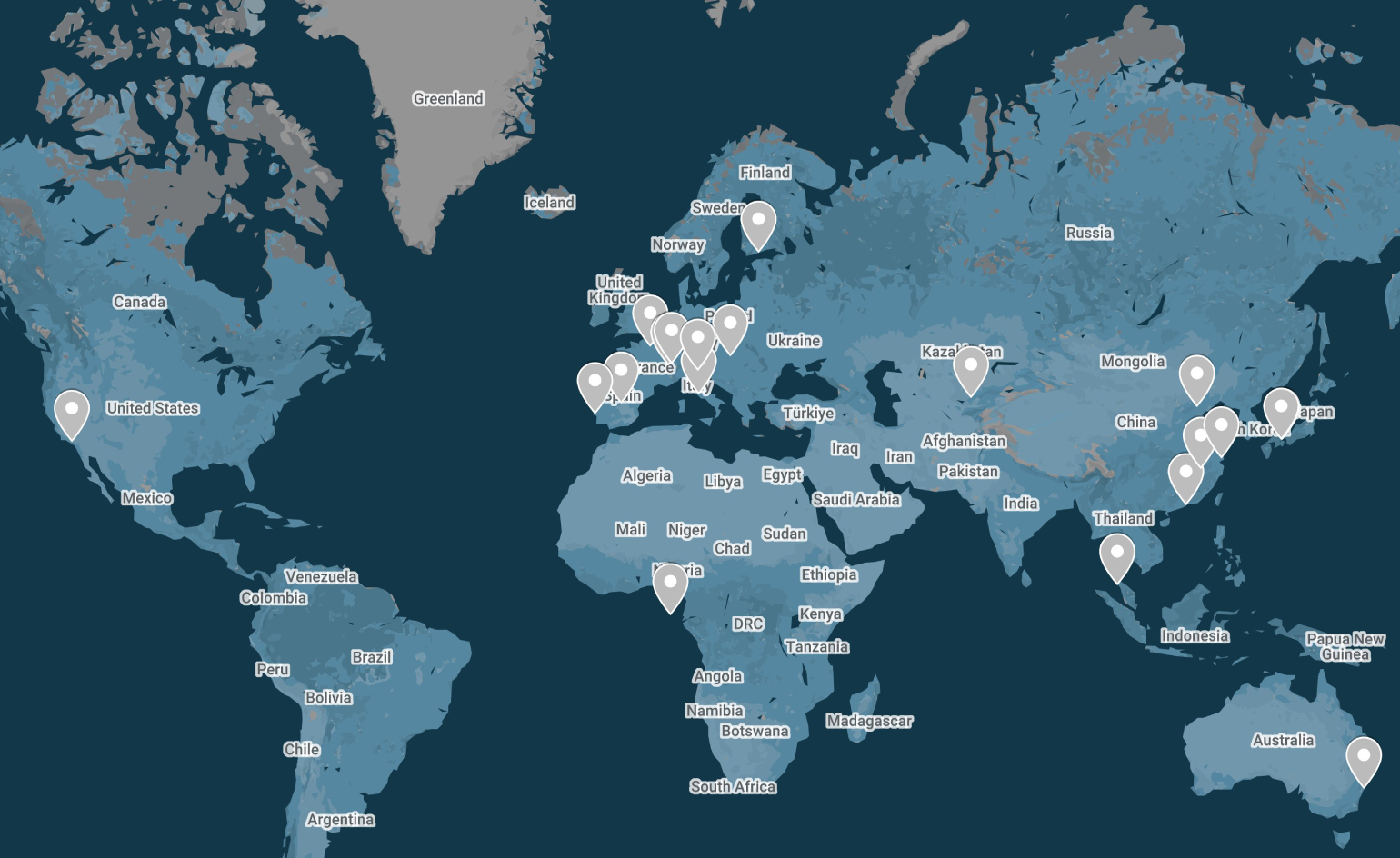 2025 getaways: where Wallpaper* editors will be travelling to this year
2025 getaways: where Wallpaper* editors will be travelling to this yearFrom the Japanese art islands of Naoshima and Teshima to the Malaysian tropical paradise of Langkawi, here’s where Wallpaper* editors plan to travel to in 2025
By Sofia de la Cruz
-
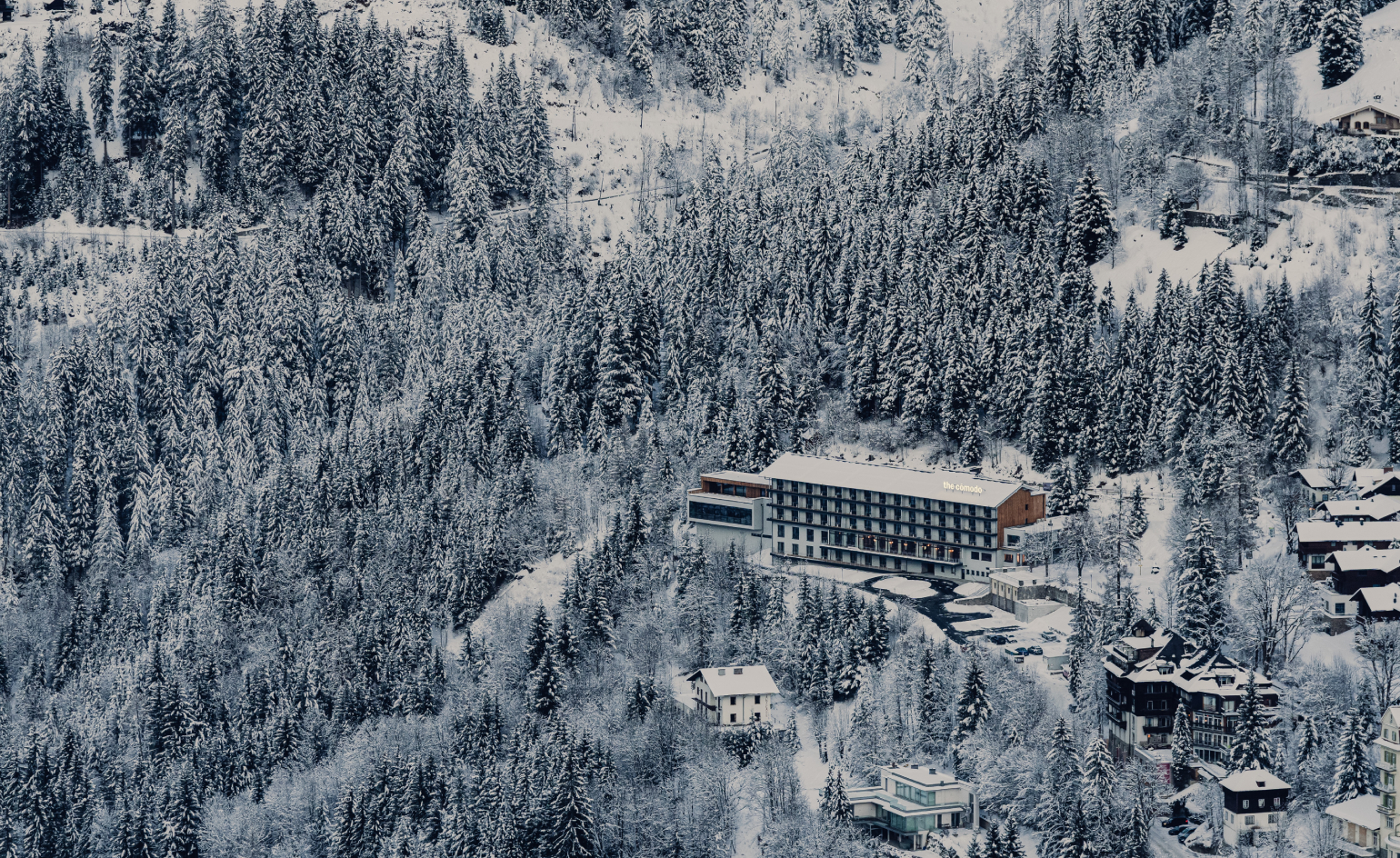 The cosiest alpine retreats to book in Europe
The cosiest alpine retreats to book in EuropeBrowse the Wallpaper* edit of European alpine retreats where to fully embrace the ski season
By Nicola Leigh Stewart
-
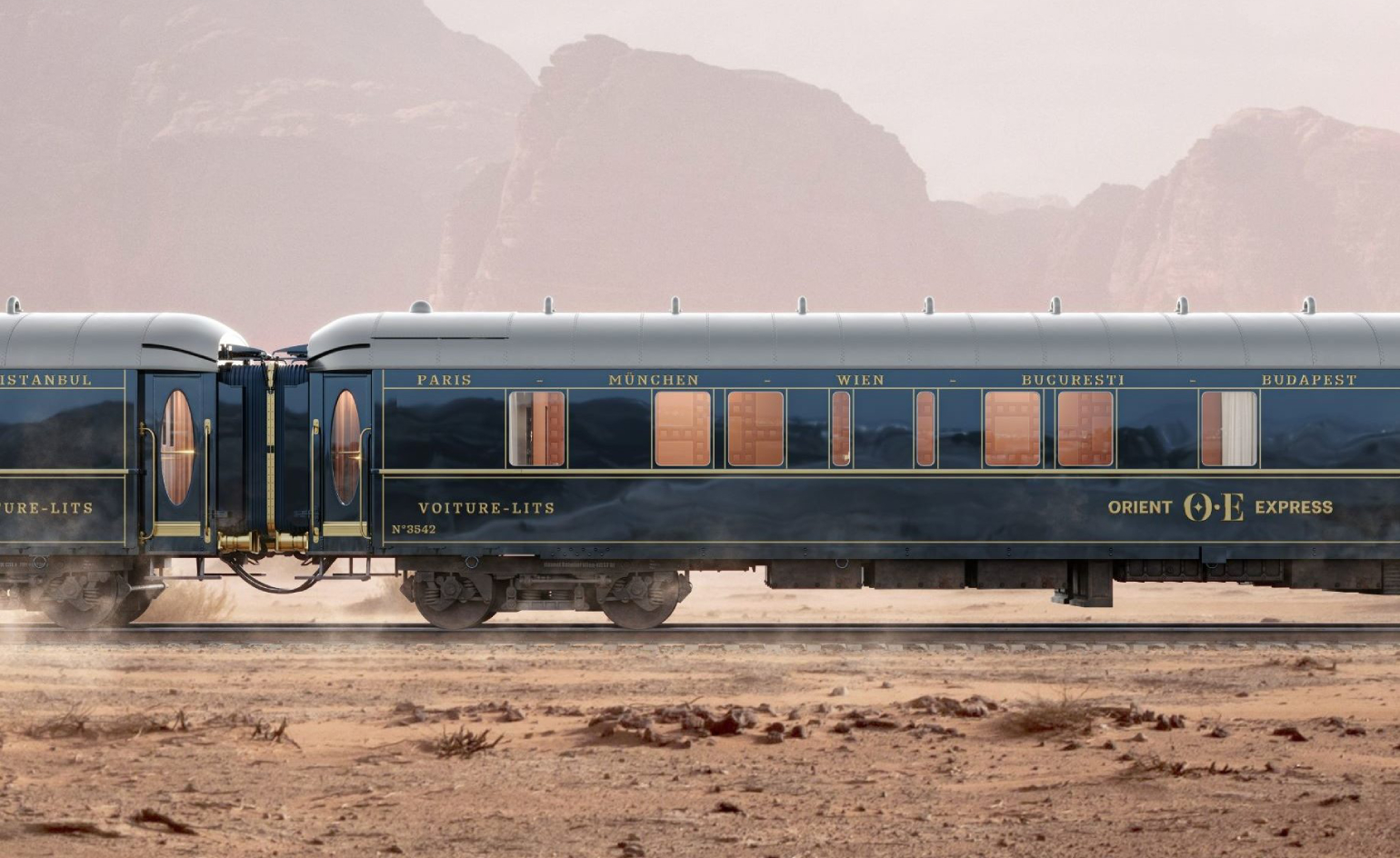 The world’s best new hotels that we’re loving without reservation
The world’s best new hotels that we’re loving without reservationExplore the best new openings in the world, from Orient Express’ La Dolce Vita train and first-ever hotel to Capella’s debut in Taipei
By Nicola Leigh Stewart
-
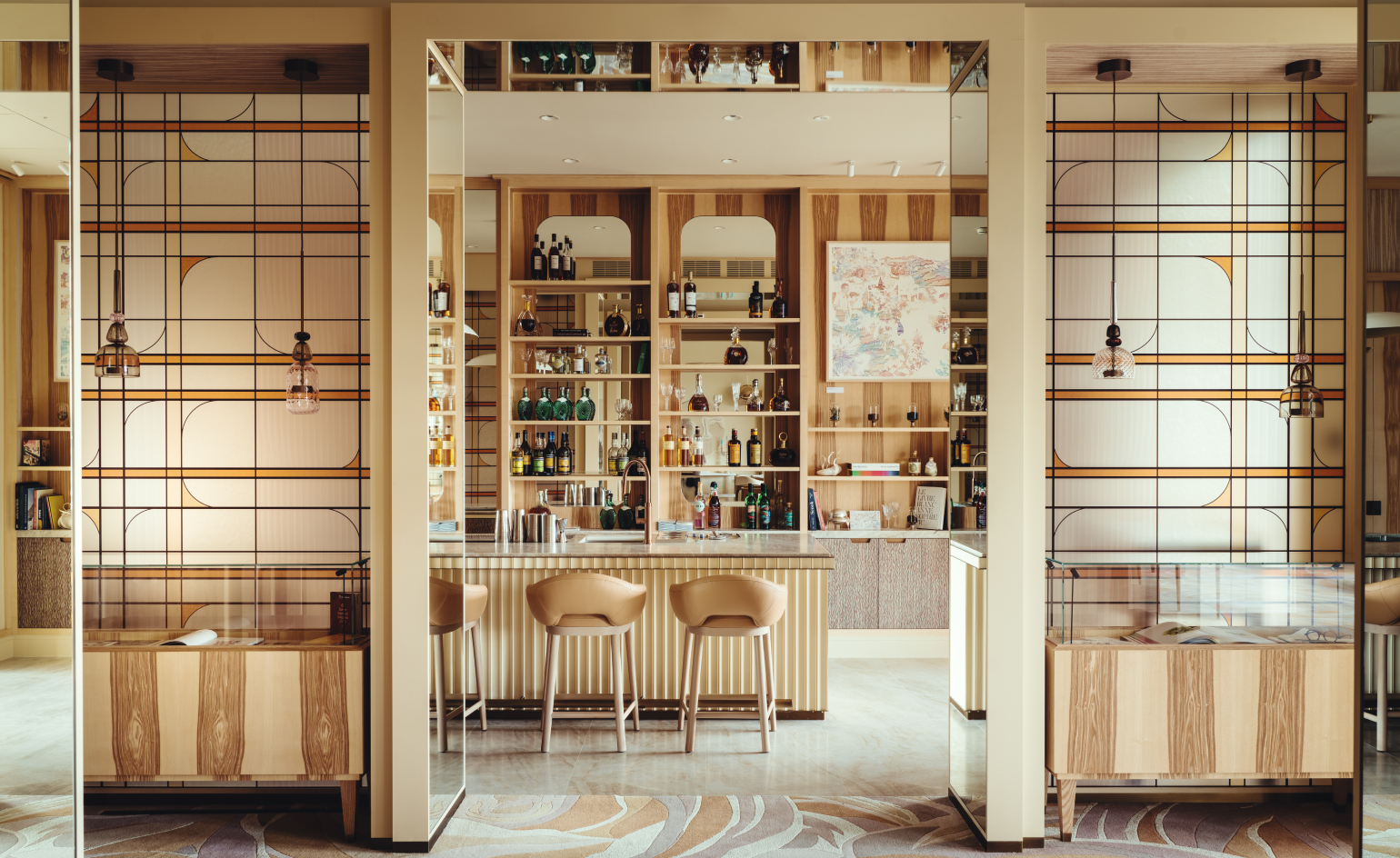 Chef Anne-Sophie Pic’s restaurant in Switzerland reopens following a makeover
Chef Anne-Sophie Pic’s restaurant in Switzerland reopens following a makeoverChef Anne-Sophie Pic’s restaurant at Beau-Rivage Palace sees a redesign by Tristan Auer, curated to match her feminine and floral cuisine
By Hélène Bauer
-
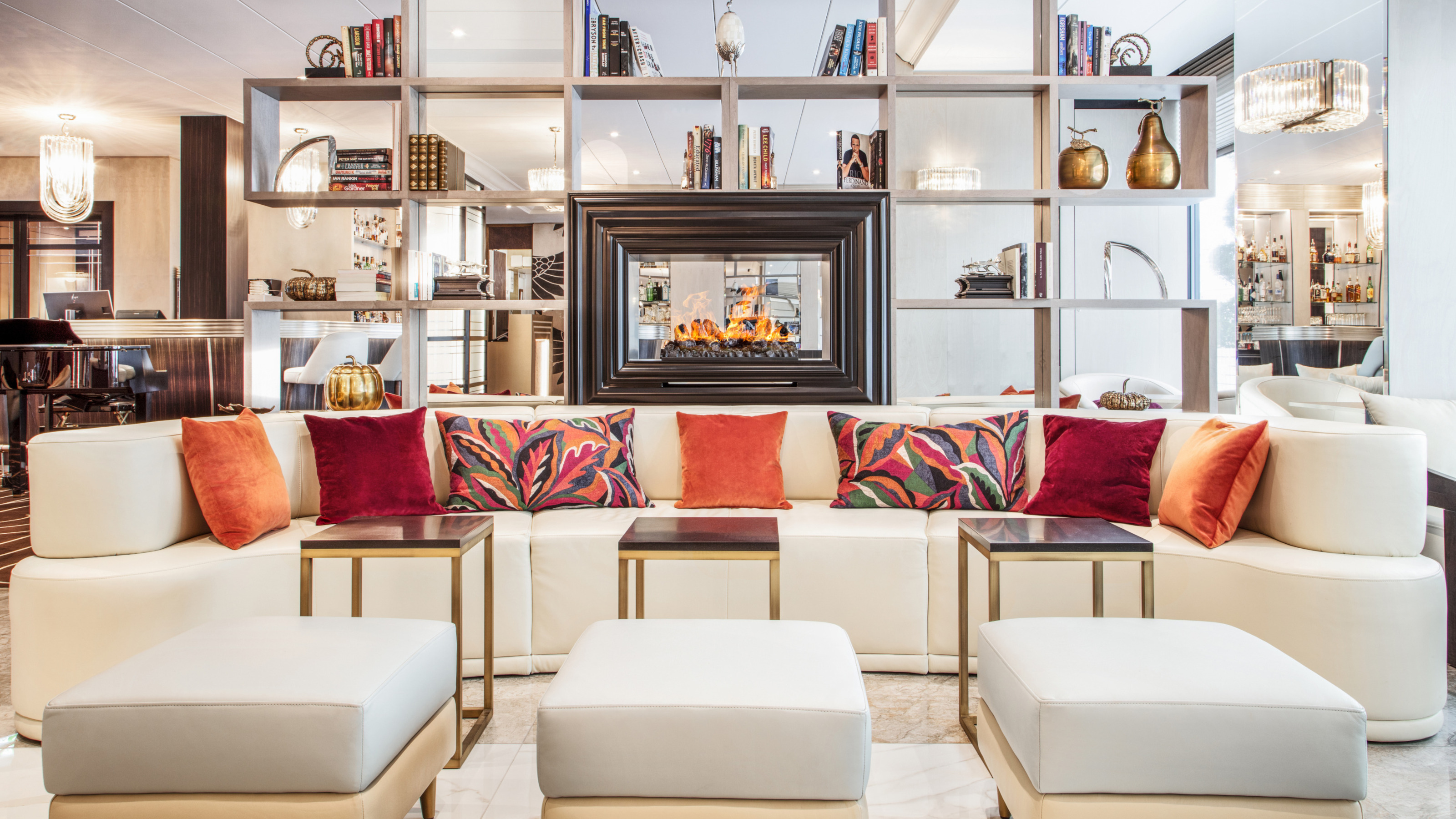 Five Swiss hotels for design lovers
Five Swiss hotels for design loversInspiring stays for your next trip, these Swiss hotels will appeal to design and culture fans
By Simon Mills